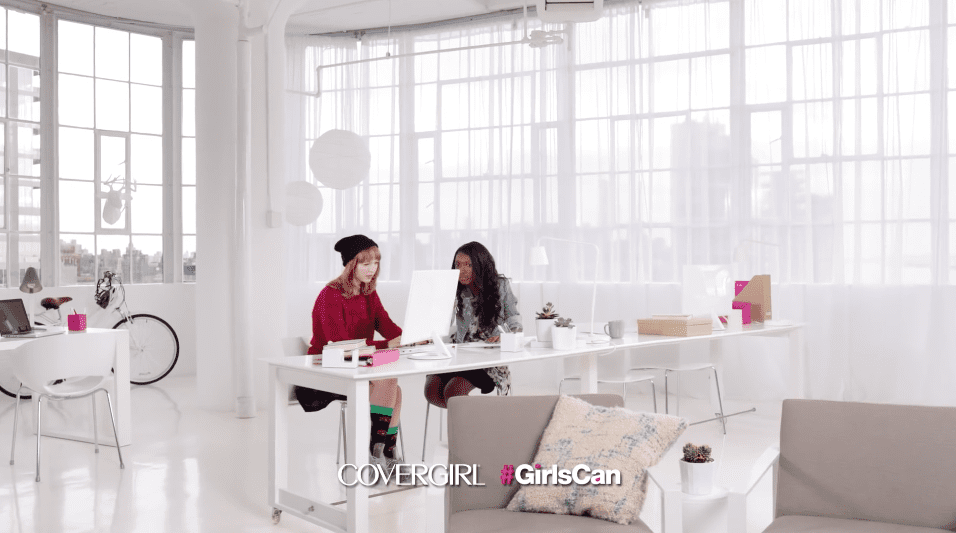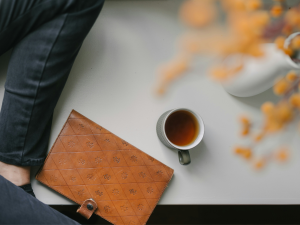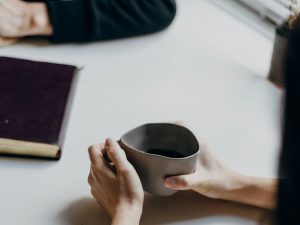Projections say there will be 1.4 million computer specialist job openings by 2020, but currently just .3 percent of high school girls major in computer science.
Model Karlie Kloss announced a new #KodewithKarlie Scholarship offering 20 high school girls the opportunity to attend a two week coding course at the Flatiron School in New York City. This is the same course that Kloss took last year.
Her goal is to encourage young women to pursue careers in technology and computer science and it couldn’t come at a better time. According to the Bureau of Labor Statistics, women hold only 25 percent of jobs in computers and mathematics.
“Code is only going to continue to play a major role in defining our future,” Kloss said in a video for #KodewithKarlie. “I think it’s crucial that young women learn to code as early as possible to ensure that we have a stake in what the world looks like.”
The US Department of Labor projects that there will be 1.4 million computer specialist job openings by 2020. Girls Who Code is trying to reach 1 million girls with computer science education by 2020, in hopes that half of those jobs will be filled by women.
Founded by Reshma Saujani in New York City in 2012, Girls Who Code hosts clubs across the country where girls receive instruction in computer science and exposure to the tech industry and a seven week summer immersion program which offers intensive instruction in computer science along with mentorship opportunities from female CEOs, executives and computer science majors.
The program hopes to correct an inherent bias that discourages girls from pursuing careers in computer science. According to Girls Who Code, while 74 percent of middle school girls express interest in STEM (Science, Technology, Engineering and Math), only .3 percent of high school girls decide to major in computer science.
Women who do work in tech face bias in the workforce and are 45 percent more likely than their male counterparts to leave the industry within one year.
Earlier this month, interim CEO of Reddit Ellen Pao lost a gender discrimination lawsuit against Silicon Valley Venture Capital Firm Kleiner Perkins Caufield & Byers but her case drew national attention to the inherent and overt discrimination many women face in Silicon Valley.
In an interview with the Wall Street Journal, Pao discussed her experience with workplace bias:
“I think when you start out in your career, you think that everything is fair, and you are getting equal opportunities. And as you move up higher in the ranks, you realize that actually there are fewer positions and it’s more competitive and it’s harder to get those opportunities. And then you reach a point where you realize, hey, these opportunities are not equal, and I think that’s been the case for many women.”
Girls Who Code hopes that closing the gender gap will be a step in the right direction.












